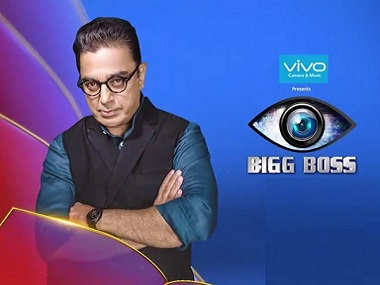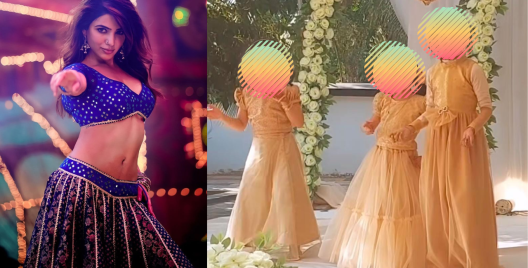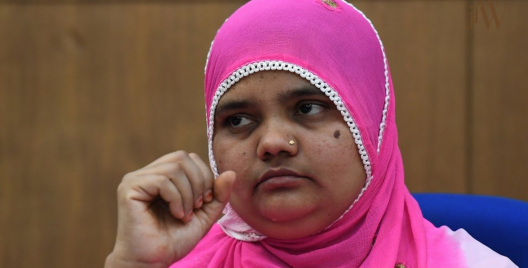With every morning an article on violence and sexual assaults against women pouring in, it’s almost heart-wrenching to read of it despite times changing. In particular, women have been facing scrutiny for everything pertaining to their body. Right from their childhood, women have been lectured, instructed, forced, and conditioned into covering up, always looking “decent” and trained to be the ideal demure girl. All this while the man wears whatever he wants and gets away with harassing a woman just because he can. Just because nobody will point a finger at him.
The grouse with the often association established between a woman’s clothes and her character stems from something far deeper, something that most girls have endured right from school days to adolescence and it never stops. Which is why, when an upcoming political figure and cinema’s most respected actor, Kamal Haasan, takes a slight jab at a woman’s dress, it paints a far disappointing picture for all those who look up to him.
Saturday’s episode of Bigg Boss Tamil, the reality show hosted by him, had him pass a cheeky dig at two young female contestants – Aishwarya Dutta and Yashika Anand. The two girls, who are now really good friends, have survived elimination in the last few weeks, have spoken their minds over issues such as crass statements that insult women, and in general, have been nice and cordial with everybody. But there’s one niggling factor that most would rather associate them with – short clothes. Sure, they wear shorts and dresses, sleeveless and tight clothes in the Bigg Boss house. They wear whatever they feel comfortable wearing, whatever they feel looks good on them. So when, on Saturday’s episode, they appeared rather “covered up”, Aishwarya in a saree and full-sleeved blouse and Yashika in an ethnic maxi dress, Kamal felt the need to unceremoniously point it out.
“Aal paadhi aadai paadhi,” he said, a saying that implies that your personality consists of your clothes and body, basically judging one by their clothes. He said this right after he pretended to be looking for them on screen because they clearly looked different. He further went on to patronisingly tell them that not only do they look good, the audience will like this too.
Wait, so does that mean if an Indian woman wears Indian attires, only then she’ll be respected? Or that when a woman wears short clothes, it indicates that her character ought to be put on trial every time, thereby adding more weight to the whole Tamil culture argument by Ponnambalam?
Kamal is all set to be a leader someday, or so he aspires to be. And while he has gone on a roll talking about equality and giving women “her space” and treating her with respect, it’s rather discouraging when he chooses to single out two girls with his fairly questionable comment about their dressing. It’s granted that he has no ill intentions, that he might have meant well, but for how long should women put up with such comments and unsolicited advice all under the garb of “it’s all for your own good”?
It’s unnecessary and supremely hypocritical, almost invalidating his sermons on women rights and equality. Sure, there’s a decorum that ought to be maintained in most cases, like in the case of a job interview or school/college. But it’s not like a competition like Bigg Boss necessitates a dress code, considering contestants will be under the watchful (and often judgmental) eyes of the audience and hence must be dressed in clothes they are more comfortable in.
In these times, it shows that it’s hard to think of women’s clothing as just something practical, climate specific, or even comfortable purely because clothing for women of necessity has become associated with respectability and fashion now. So when Kamal Haasan makes a cheeky dig at a woman who chooses to dress in shorter clothes and tells her that outsiders would much rather prefer her that way, it indicates that his role, not just as a host but as an upcoming politician, is clearly heading for mass votes and siding with them as opposed respecting an individual’s rights and preference. With daughters of his own, wherein he inculcated the idea of thinking for themselves and having a mind of their own, what example does he set when he sermonises on clothing to two other women?















